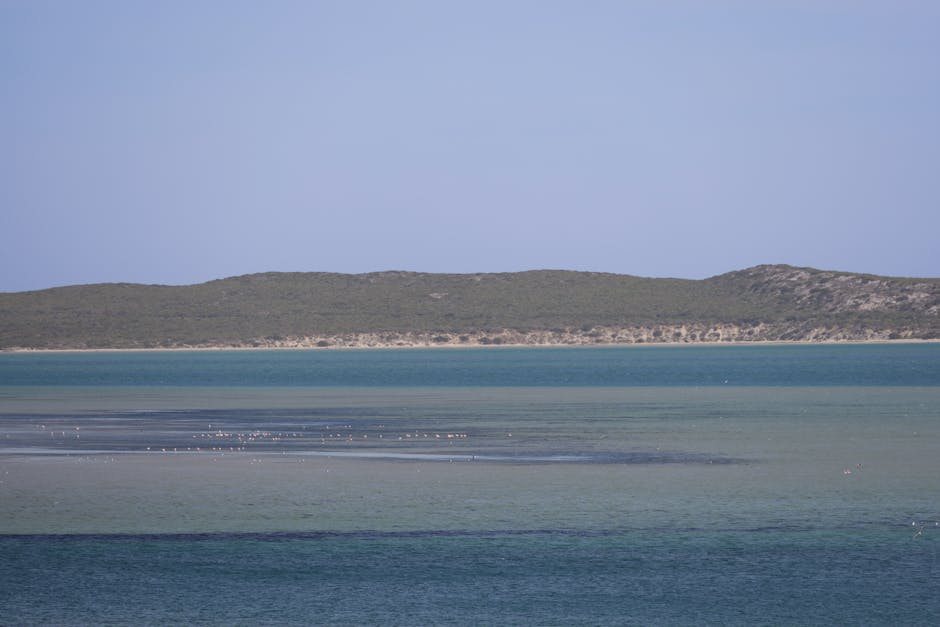
Understanding Ocean Acidification and Its Impact on Marine Biodiversity Loss
The world's oceans are facing significant environmental challenges, with ocean acidification being a primary concern. This process occurs when carbon dioxide (CO2) from the atmosphere dissolves into seawater, resulting in a decrease in pH levels. As the acidity increases, marine organisms that rely on calcium carbonate, such as corals and shellfish, find it difficult to maintain their structures.
The decline in calcium carbonate availability directly impacts marine biodiversity. Many species, from tiny plankton to large marine mammals, depend on healthy coral reefs and shell-forming organisms for habitat and food sources. As these foundational species decline, entire ecosystems face collapse, leading to a loss of biodiversity.
Furthermore, ecosystem impacts extend beyond individual species. Changes in species distribution and abundance can alter food webs and reduce the resilience of marine environments. The implications are far-reaching, affecting fisheries, coastal communities, and global climate regulation.
Mitigating ocean acidification requires reducing CO2 emissions and implementing conservation strategies. Protecting marine biodiversity through marine protected areas and promoting sustainable fishing practices are vital steps toward preserving our oceans. To learn more about the connection between climate change and ocean health, visit our climate change and ocean health section.
